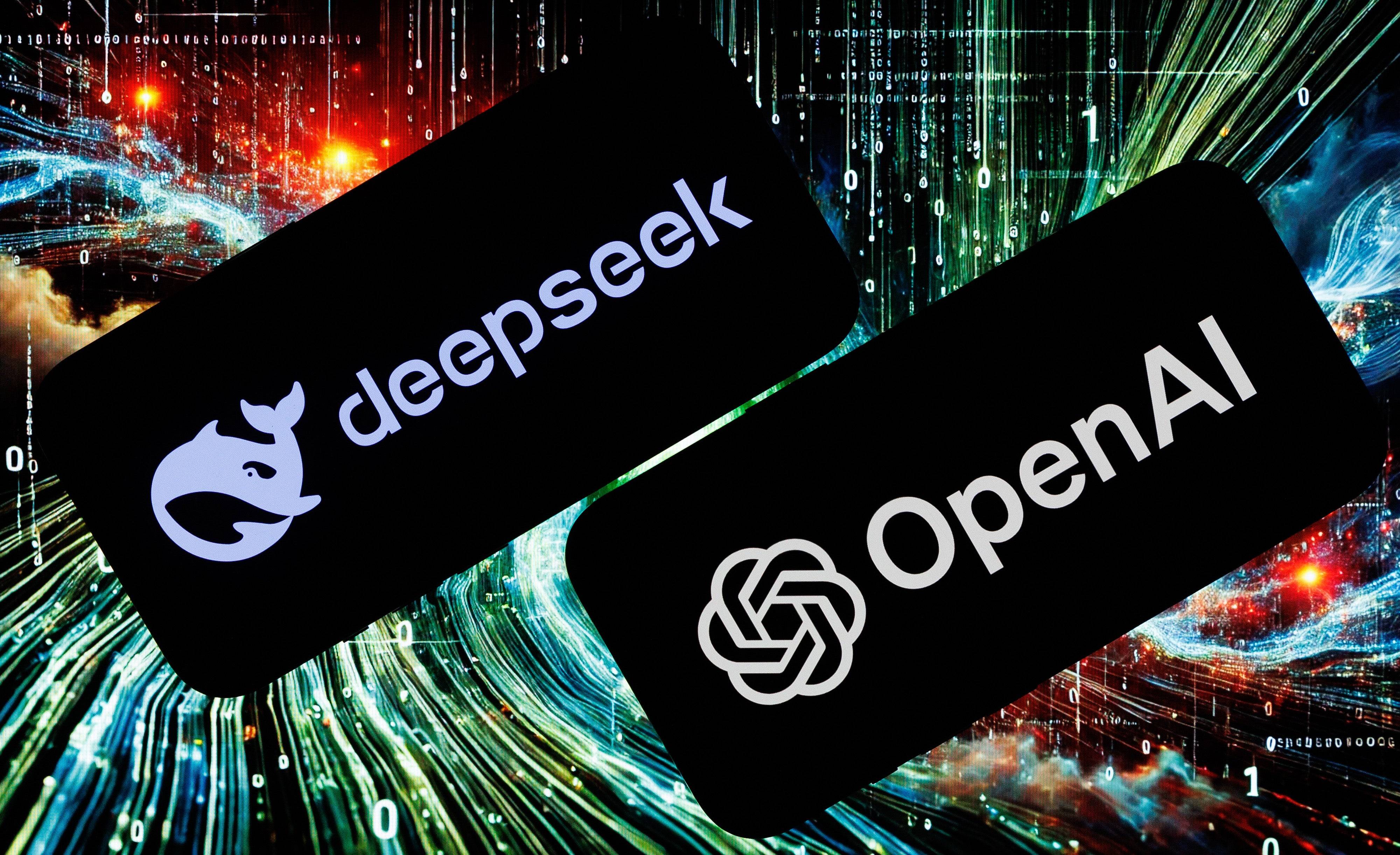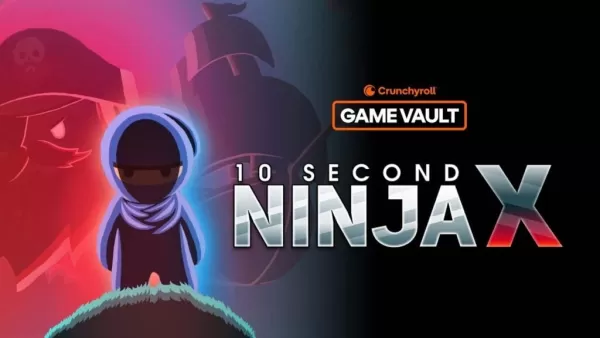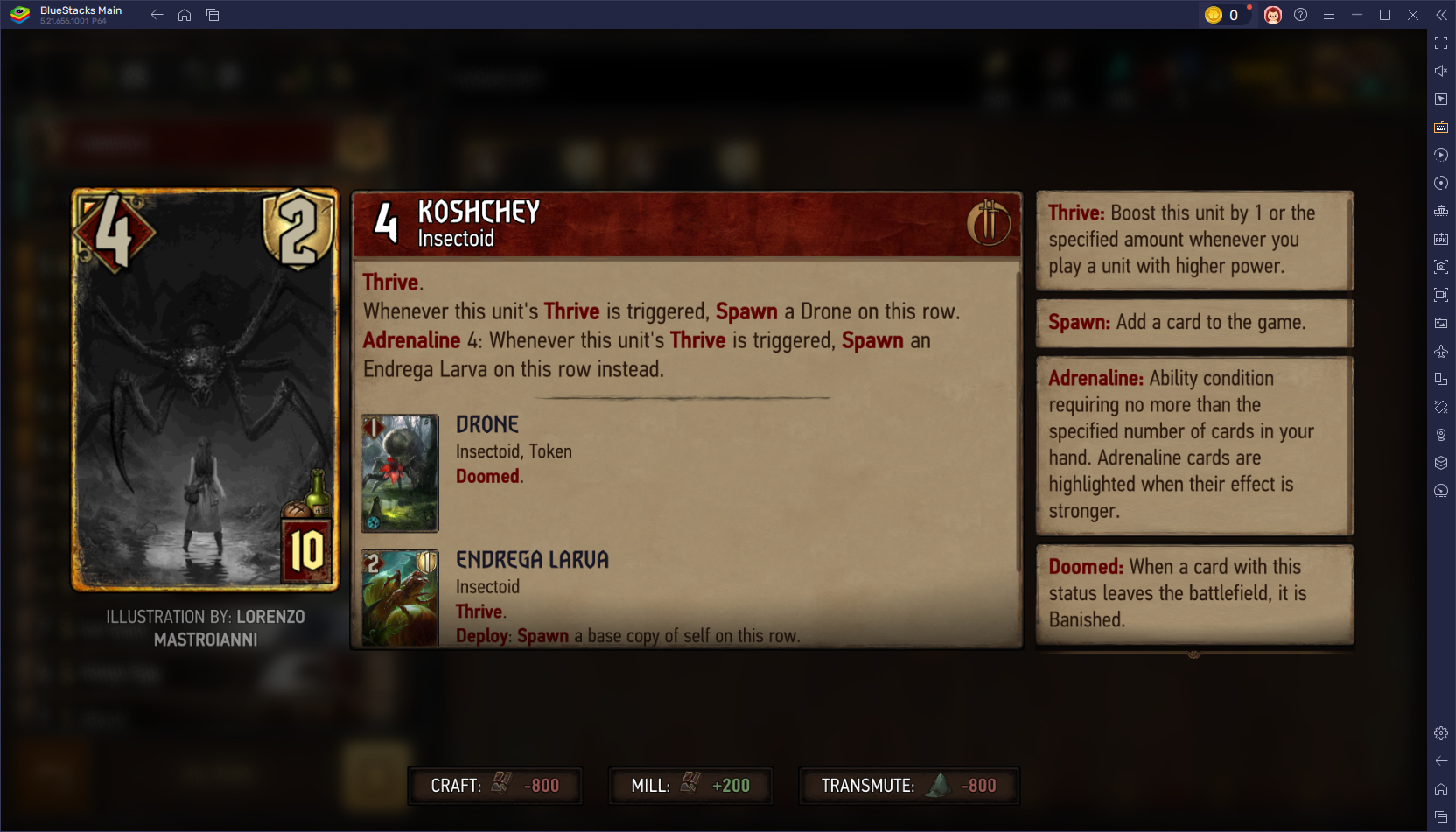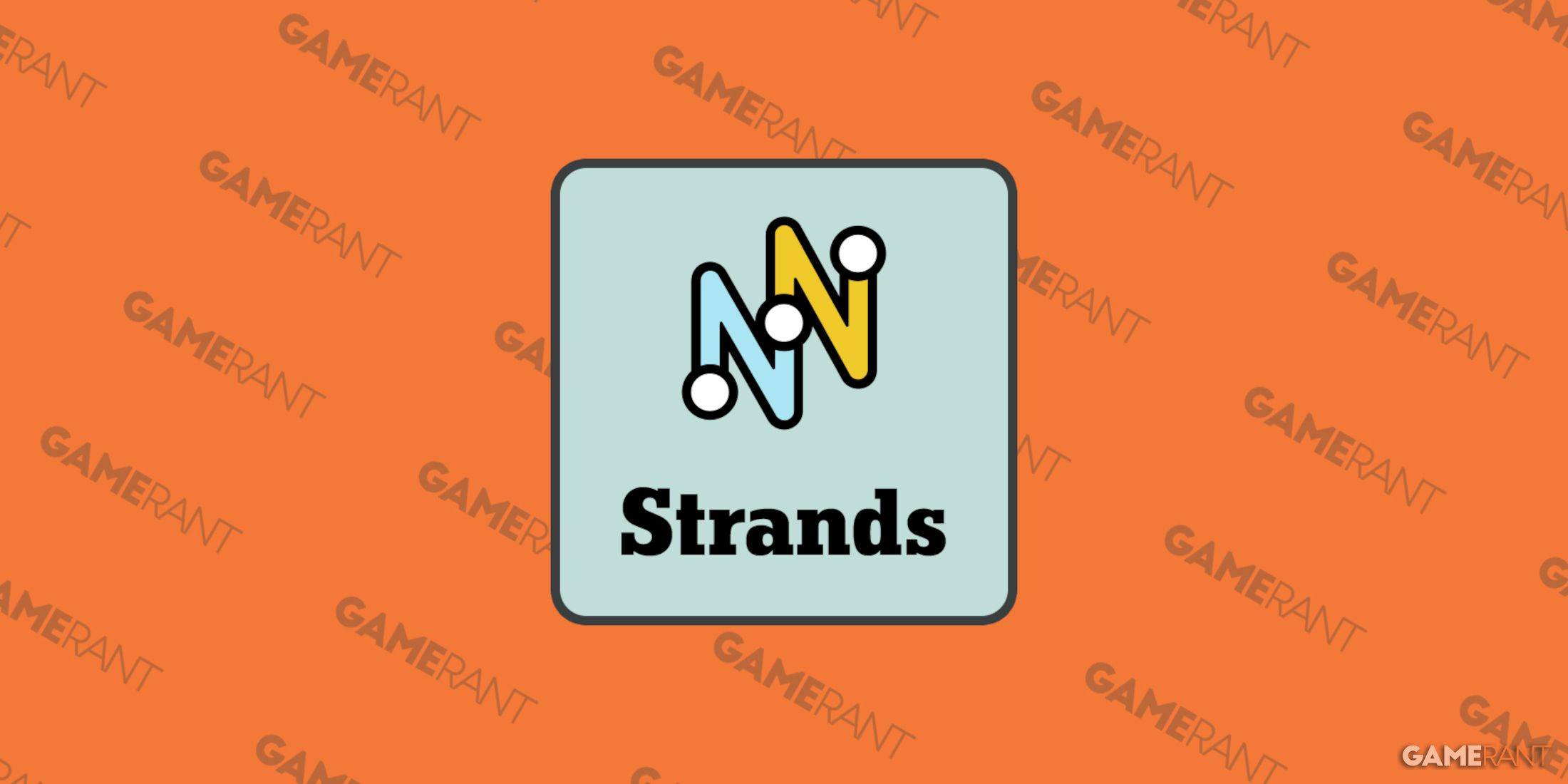Home > News > ChatGPT Maker Suspects China’s Dirt Cheap DeepSeek AI Models Were Built Using OpenAI Data — and the Irony Is Not Lost on the Internet
ChatGPT Maker Suspects China’s Dirt Cheap DeepSeek AI Models Were Built Using OpenAI Data — and the Irony Is Not Lost on the Internet
- By Sarah
- May 15,2025
The emergence of DeepSeek AI, a Chinese company offering ultra-cheap AI models, has sparked significant controversy and concern within the U.S. tech industry. This week, former President Donald Trump labeled DeepSeek as a "wake-up call" for American tech companies, following a massive $600 billion drop in Nvidia's market value. Nvidia, a leader in the GPU market essential for AI operations, experienced a historic 16.86% plummet in its stock price, the largest single-day loss in Wall Street history. Other tech giants like Microsoft, Meta Platforms, and Google's parent company Alphabet also saw declines ranging from 2.1% to 4.2%, while AI server manufacturer Dell Technologies dropped by 8.7%.
DeepSeek's R1 model, built on the open-source DeepSeek-V3, claims to be a cost-effective alternative to Western AI models like ChatGPT, reportedly requiring significantly less computing power and costing just $6 million to train. Despite some skepticism about these claims, DeepSeek's impact has led to a reevaluation of the substantial investments U.S. tech companies are making in AI, causing investor unease. The app quickly rose to the top of the most downloaded free apps in the U.S., fueled by discussions about its effectiveness.
Amidst these developments, Bloomberg reported that OpenAI and Microsoft are investigating whether DeepSeek used OpenAI's API to integrate OpenAI's AI models into their own, a practice known as distillation. This technique involves training AI models by extracting data from more advanced models, which violates OpenAI's terms of service. OpenAI emphasized its commitment to protecting its intellectual property and highlighted the importance of collaborating with the U.S. government to safeguard advanced AI technologies from competitors and adversaries.
David Sacks, Trump's AI czar, told Fox News that there is substantial evidence suggesting DeepSeek distilled knowledge from OpenAI's models, and predicted that leading U.S. AI companies would take steps to prevent such practices in the coming months.
The situation has drawn attention to the irony of OpenAI's stance, given its own history of using copyrighted material to train ChatGPT. In January 2024, OpenAI admitted to the UK's House of Lords that training AI models like ChatGPT without copyrighted materials was "impossible." This admission came amidst ongoing debates about the use of copyrighted content in AI training, highlighted by lawsuits such as the New York Times' action against OpenAI and Microsoft for "unlawful use" of its work, and a suit by 17 authors, including George R. R. Martin, alleging "systematic theft on a mass scale."
Furthermore, a 2018 ruling by the U.S. Copyright Office, upheld by District Judge Beryl Howell in August 2023, stated that AI-generated art cannot be copyrighted, emphasizing the necessity of human creativity in copyright protection.
 DeepSeek is accused of using OpenAI’s model to train its competitor using distillation. Image credit: Andrey Rudakov/Bloomberg via Getty Images.
DeepSeek is accused of using OpenAI’s model to train its competitor using distillation. Image credit: Andrey Rudakov/Bloomberg via Getty Images.
The controversy surrounding DeepSeek and OpenAI underscores the complex and contentious issues surrounding AI development, intellectual property, and international competition in the tech industry.
Latest News
more >-

-

- Crunchyroll Adds 10 Second Ninja X to Android
- Dec 19,2025
-

-

- PS5 Console Covers Discounted for Days of Play
- Dec 19,2025
-




